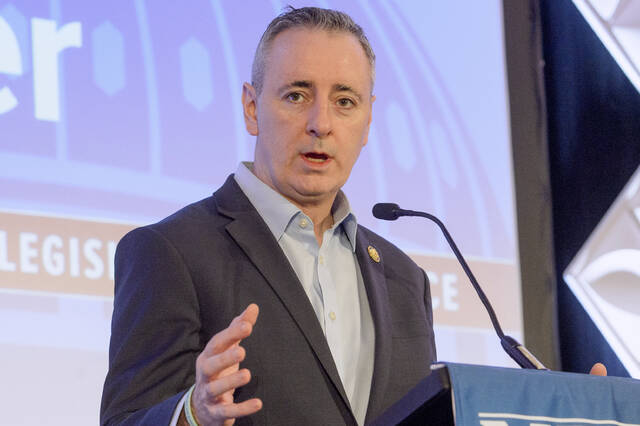There isn’t much that can make someone bristle like fact-checking.
As it’s part of my 9-to-5 job, it’s not something I like to do in my free time. Still, sometimes it needs to be done.
If my mother was about to make a cake with a cup of salt instead of sugar, I’d suggest she double-check her ingredients before she wasted the whole batch. If my Uber driver was turning the wrong way on a one-way street, it would be best for us both if I pointed it out.
Social media, however, can be a minefield. Not long ago, a friend whom I laughed with as we rehearsed for “The King and I” in high school shared a post that was built on some bad facts. I made a mistake. I fact-checked a friend.
I wasn’t wrong in the information that I shared. I was wrong because I was correcting her facts when she was only interested in sharing opinions.
If there is one thing you can learn from the editorial page, it’s the difference between the two.
Facts are things like what is included in the school district budget numbers, which legislator voted for which bill and how many murders were committed last year.
Opinions are all whys. Why isn’t that budget prioritizing arts programs? Why did the legislator who supports tax reform not vote for that tax cut? Why are murders down overall but violent attacks against one community up?
They can look a lot alike. An educated opinion, after all, should always be built on a sturdy foundation of facts. Without those facts, the opinion is sitting on shifting sands of ideas.
Reading opinion isn’t supposed to take the place of reading facts. It is supposed to teach us how to use them to ask better questions and find new answers.
The problem is that only works if you want to start with the facts and work forward to developing an opinion. It’s a lot harder to start with an opinion. Working backwards toward the facts can lead to an incomplete picture.
My friend didn’t want the facts I was handing out, and while I wasn’t wrong, I wasn’t right either. I forced something on her she didn’t want in a situation that wasn’t mine to control.
When someone sends me a letter to the editor or submits an op-ed for me to consider, fact-checking is not just my job. It’s my responsibility. I have an obligation to make sure that not only are the facts correct but they support the opinion of the writer. Bad facts can weaken a writer’s position and make it easy for someone to dismiss an opinion that might otherwise be worth hearing. Good facts give it sturdy legs to stand on.
But my friend didn’t ask for my help — and she didn’t appreciate it. She cut me out of her friends list without a backwards glance.
In my opinion, that was a bad decision, but the fact is that it was my fault.








